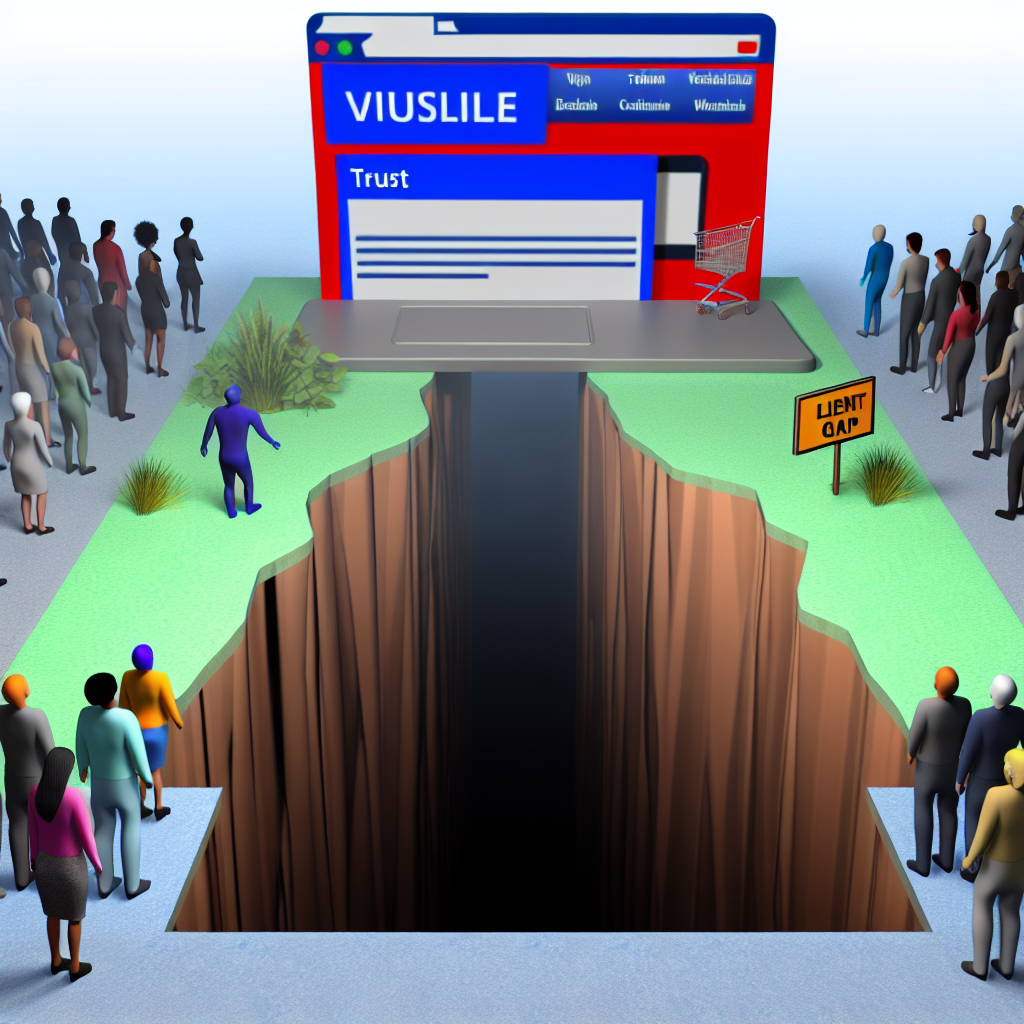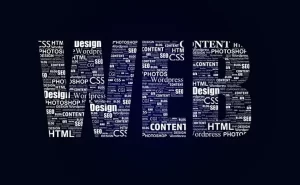Trends In Digital Marketing Technology For Marketers
The next five years will change digital marketing technologies, and marketers must alter their tactics accordingly. With artificial intelligence and machine learning developments, for instance, speech recognition will become a reality, and chatbots will become more human-like. In addition, voice bots will enhance client inquiries and brand conversion rates. Advertising fraud is another important issue that marketers must face. This issue costs advertisers $19 million annually, so digital marketers must devise solutions. Anti-fraud tools based on blockchain technology will tremendously assist in tracking and establishing the validity of marketing initiatives.
Platforms for social media will continue to evolve. As the use of social media grows, marketers must become more active on these channels and prioritize customer retention. Implementing CRMROI (Customer Relationship Marketing ROI) applications is one approach. The rise of social commerce is a further development. Purchases are increasingly made through social media platforms. For businesses to sell their products on social media sites such as Facebook and Twitter, they must implement new technologies.
Digital marketing technologies can assist marketers in reaching a more significant number of prospective clients and delivering exciting outcomes. As technology and marketing continue to grow, business owners must determine the most effective approach to implement this technology. However, digital marketing differs from traditional marketing, so it is essential to understand which tools to employ and when.
New technological advancements in digital marketing will influence the industry in fascinating ways. New technologies like drones and augmented reality headsets will require marketers to rethink customer communication strategies. Meanwhile, wearables represent a new technological frontier. As a result, the opportunities available to content marketers are nearly limitless. To remain ahead of the competition, it is essential to be informed of and current with these trends.
Personalization is an integral component of the marketing mix. Customer data systems expedite the processing of insights for marketers. By monitoring consumer behavior, these platforms provide individualized interactions with data and serve the appropriate content at each omnichannel customer journey step. These systems can also utilize client feedback to enhance customer service over time.
AI is another expanding marketing technology. It is utilized in chatbots and natural-language processing and can provide precise analyses. It can also categorize clients and generate push notifications in real-time. It can also help marketers identify the purchasing habits of their customers. AI systems can also develop and personalize creative advertising campaigns based on specific marketing factors.
Wearable technology has also entered the digital marketing technology sector. Some wearable technologies, such as the Oculus Rift, can be utilized to engage consumers. Some businesses, notably IKEA, have already begun using virtual reality to increase brand recognition. Moreover, VR presents an excellent chance for marketers to produce content that appeals to consumers’ feelings about location.













